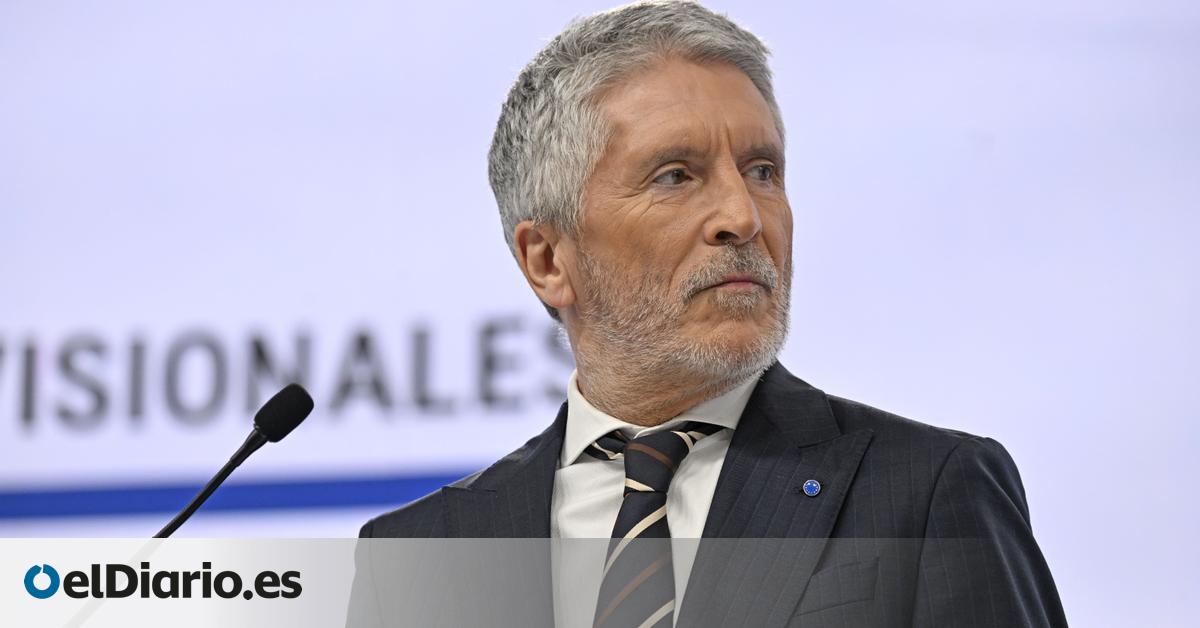
The Ministry of the Interior has already responded to the request for information made by Supreme Court judge Pablo Llarena in relation to the escape of Carles Puigdemont after reappearing in Barcelona last week. In its report, the department headed by Fernando Grande Marlaska states that the Mossos d’Esquadra rejected the “operational support” offered by the Police and the Civil Guard to arrest him and recognises that both bodies did not activate their “operational and intelligence resources” until the escape of the former president of the Generalitat was known.
In a statement, the ministry explains that the Mossos d’Esquadra informed the Interior Ministry of the design of their specific and special operation to arrest Puigdemont last Thursday, when he managed to enter Barcelona, hold a rally and flee the country again without being arrested. And that the Catalan police were offered any operational support “without such support being required beyond the usual support provided through the operational coordination and exchange of information and intelligence table.”
Consequently, no “specific parallel operations” were carried out, although from the days leading up to and on 8 August, the National Police and the Civil Guard did maintain controls at borders, ports and airports and throughout Catalonia, especially in the city and metropolitan area of Barcelona.
Furthermore, once Puigdemont’s “escape” was known, the report states that the Interior Ministry gave instructions to the Chief of Police and the General Head of the Civil Guard Zone to “activate the extraordinary operational and intelligence resources of both bodies” to locate and proceed with the arrest of the former president.
Thus, and with the available resources, a reinforcement of the surveillance of ports and airports in Catalonia was established and operational devices were set up on certain public roads, especially those leading to or close to the border with France, although high-capacity roads remained under the responsibility of the Mossos. These devices operated until midnight on Saturday 10 August.
In any case, “in the control and surveillance devices established by the National Police and the Civil Guard on the border with France, as well as in ports and airports, the presence of the fugitive Carles Puigdemont was not detected at any time and to date,” according to the report.
Llarena’s request
The document comes just three days after Judge Llarena asked the Mossos and the Ministry of the Interior for explanations about what went wrong in the police operation that led to the former president disappearing in front of hundreds of people. In both orders, the judge requested details about “the elements that determined its failure from a technical police point of view” and about what the operation “initially approved” was and what orders were given for his arrest at the border.
He also asked to identify “the agents responsible for the design of the operation, those responsible for its approval and those who were entrusted with its execution or deployment.” The instructor of the procés case, therefore, wants to know the details of who designed Puigdemont’s arrest, who gave the orders on the ground and what went wrong so that he disappeared without being arrested.
Source: www.eldiario.es

